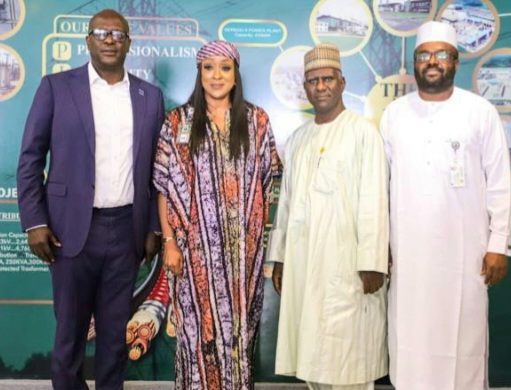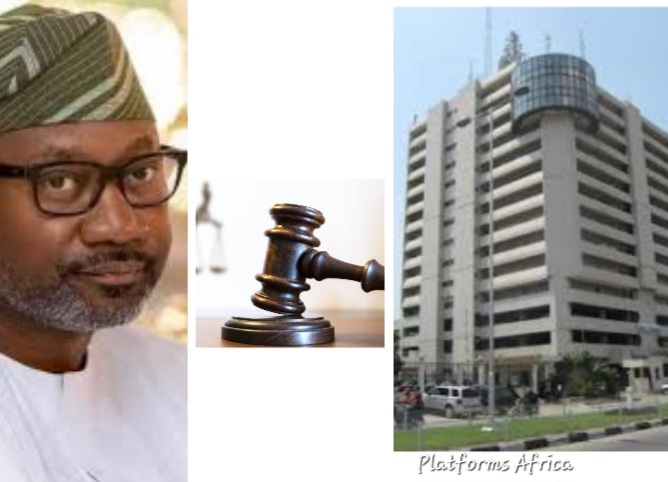KENYA’S opposition announced Thursday that anti-government protests will resume after the holy month of Ramadan despite an agreement on talks with the ruling party.
Veteran opposition leader Raila Odinga, attending a town hall meeting in the capital, said a resumption date would be announced after Ramadan, which is due to end on Friday, AP reported.
A rally is scheduled for Sunday at the historic Kamukunji grounds in the capital where the push for multi-party politics was made in the 1990s.
READ ALSO:
JUST IN: Bayern Suspend Sadio Mane After Sane Dressing Room Quarrel
Senate presidency: CSOs tackle Salihu Lukman, root for Northwest
Man Undergoes Height Lengthening Surgery To Grow Taller + PHOTOS
The opposition had previously organised protests twice a week that left four protesters dead and businesses within the capital’s central business district shut down.
During the series of protests, places of worship in Odinga’s stronghold of the Kibera slums and private property belonging to the former president’s family were torched.
The demonstrations were aimed at urging the government to bring down the cost of living and persuading the electoral commission to open to the public the computer servers that handled the 2022 general election — which the opposition has questioned despite the supreme court upholding the result.
President William Ruto, who was declared the victor in those elections, in a state address on April 2 urged the opposition to call off the demonstrations and allow for talks.
Odinga did call off the demonstrations and both sides have since nominated a team of politicians who are to deliberate on issues raised by the opposition.
But the opposition has in recent days accused the government side of not being committed and serious about the talks, questioning the selection of individuals by the ruling party that includes defectors from the opposition.
Odinga now says the protests will continue alongside the talks.
The opposition has been calling for the involvement of other stakeholders, including civil society, in the talks, but the ruling party says it should remain a parliamentary process.
Western diplomatic envoys and civil society groups had called for restraint and dialogue during the series of protests.





